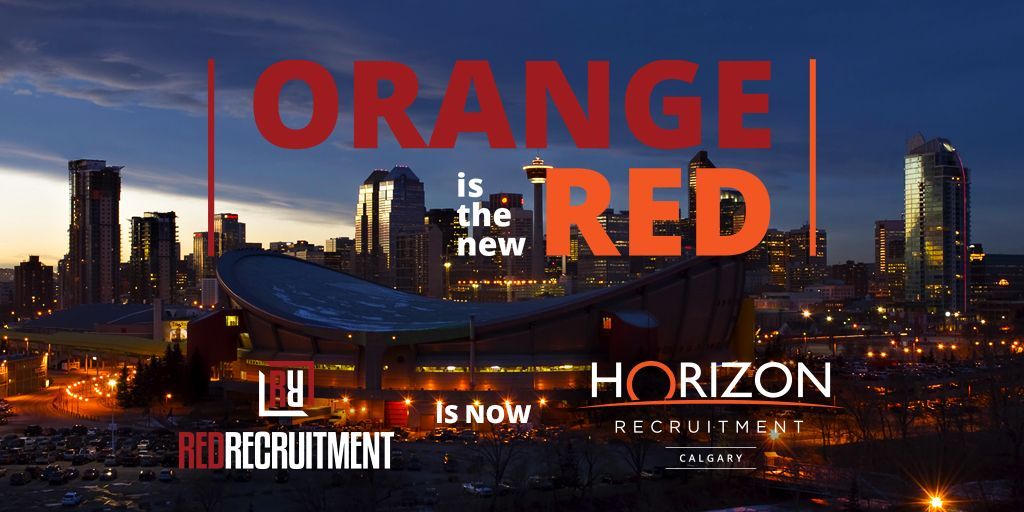Jeremy Tiffin • March 4, 2019

Today marks a significant accomplishment for several individuals and I’m honoured to be able to write this post. Horizon Recruitment Inc. is proud to announce the acquisition of Red Recruitment in Calgary, Alberta!
Growth through acquisition wasn’t always a part of our strategic plan to build our company across Canada but it has always been a goal to build Horizon Recruitment into a national brand. When we met the team at Red Recruitment, talked about our vision and how we approach recruitment, it was too good of an opportunity to not take seriously.
On behalf of my business partner and co-founder, Feras Elkhalil, I couldn’t be prouder to welcome Alun Spackman and Ian Yule to Horizon Recruitment and I am excited to have them as Partners. Alun and Ian are two smart business executives who, from humble beginnings, built Red Recruitment into an accounting and financial recruitment powerhouse. Red Recruitment was recognized by Alberta Venture Magazine as one of Alberta’s fastest growing companies in 2016. Alun and Ian have been able to navigate Red Recruitment through both favorable and tough economic conditions and are committed to the long-term success of Alberta as proud Calgarians.
Horizon Recruitment acquiring Red Recruitment embeds our position as a key market player with exceptional candidate and client relationships across Western Canada. This acquisition will further allow us to realize the economies of scale of the significant investments we’ve made in our people, processes and technologies during the last 12 years.
Horizon Recruitment was already the largest specialized supply chain recruitment firm in the country and this second office solidifies our reach within supply chain recruitment. In the coming months we will be making additional investments into our supply chain recruitment team to leverage the exceptional relationships Red Recruitment has created.
Lastly, this accomplishment is the reflection of an amazing group of people who built Horizon Recruitment into the company it is today. I can’t thank Jim Huynh, Paul Kalisch, Lauren LaBrosse, Luke Morling and everyone else on our team enough for their commitment over the years which has allowed us to reinvest like this in our company and future. This truly is a team effort and a reflection of our values, philosophy and strength as a team.
This is just the beginning and I am very excited to see what’s on the Horizon!
Sincerely,
President
Horizon Recruitment Inc.
For more information about the acquisition checkout our landing page!
Share Blog
Latest Blogs



